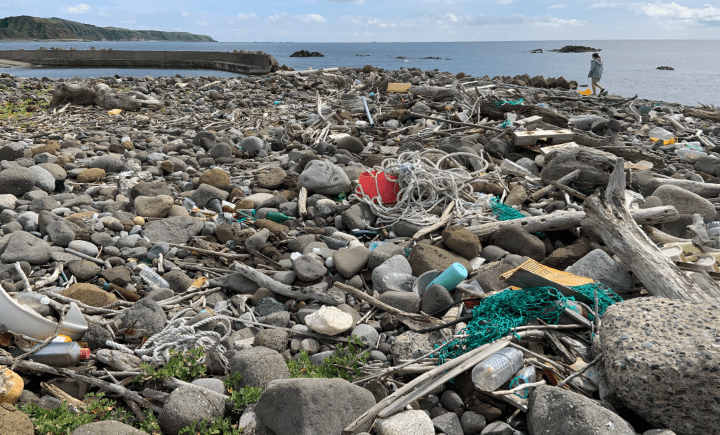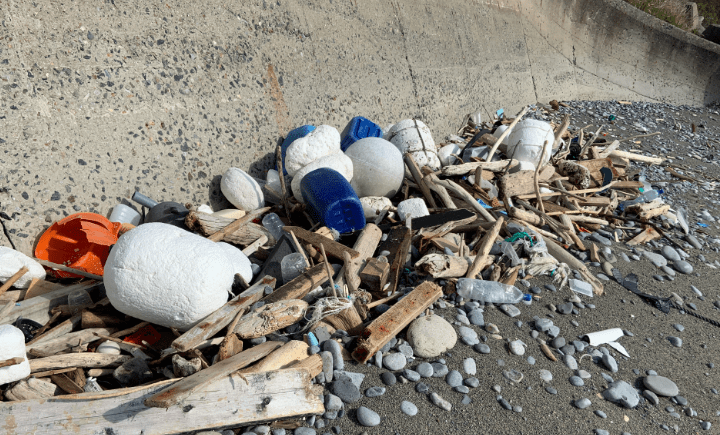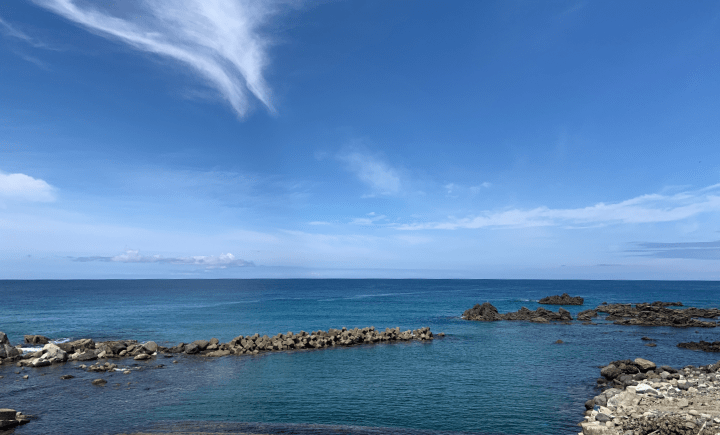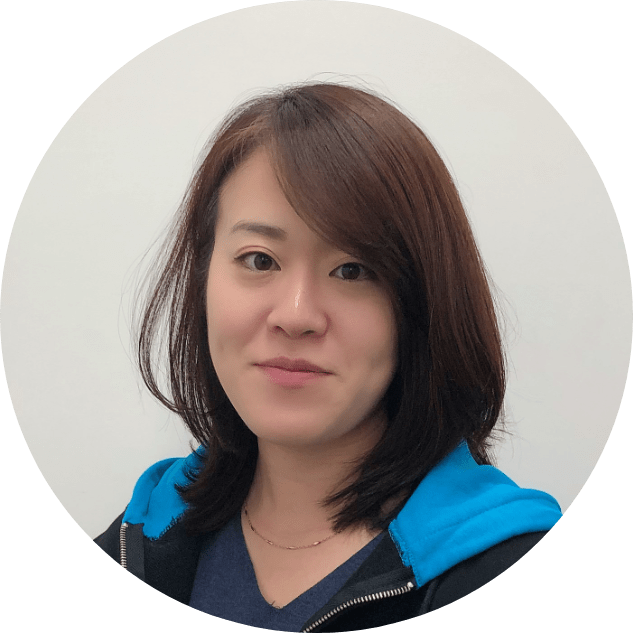I want to see a clean ocean without
ocean debris.
The reality of Okushiri Island as experienced by the leader, Ueno
A phone call for help from Okushiri Island
The biggest motivation for me to be involved in Project Ikkaku is that I want to see clean oceans. By saying clean oceans, however, I am not just talking about the sea and beaches in the resort areas. The sea and beaches in the resort areas are clean because people work really hard to pick up the trash and keep them clean. But what really surprised me was Okushiri Island, a place I discovered through the project. One day, out of the blue, a woman from Okushiri Island called me. On the phone she said to me, "Please help Okushiri Island." According to her, the website calling for participants for the Project Ikkaku explains that innovators, technology experts and designers are being recruited. She continued and said, "I have nothing to do with any of that, but I live on the island," and "our island is full of trash, and I happened to find this website after searching for something to do about it." "But there's nothing I can do," she went on, so I just said, "OK, I'm coming to the island" and headed to Okushiri Island.

Witnessing the massive amount of marine debris spreading on the beach...
The sea where people live
The woman who called me turned out to be a very nice woman, and she put me up at her house for two days. When I went to look at the beach, I found it really was covered in trash. If you look the island up online you'll see lots of beautiful photographs, but it was much worse than I expected. It's not a resort, so it's not like white beaches with lots of trash. Perhaps this is common for Hokkaido, and the grains of sand on the beaches there were quite large, and there weren't any typical resort style beaches there to begin with. But when I saw what was there, I felt I really had to do something about it. To be honest, this was the first time I had ever seen actual conditions like this. It wasn't that I wanted to return some beautiful beach to its original state. Rather, witnessing the reality that there were people living here and struggling with this issue in this place made me want to do something about the situation. This encounter became a very valuable experience for me in moving Project Ikkaku forward.


In closing
Project Ikkaku will not end with the three teams formed this time. We intend to continue forward and involve more people in the project. As each of the three teams formed this time is working together, we are attempting to solve global issues, which could not be tackled by a single company, by forming hyper-interdisciplinary teams. When we first gathered people together for the project, we found that everyone who came already had their own technologies and ideas. But what they lack to actually implement those technologies and ideas in the world tends to require collaboration beyond the boundaries of domains and organizations. I believe that people who have not had any opportunities to meet before will find a chance to build a connection with each other and that they can take on new challenges that have not been possible before by creating completely different teams under the leadership of a third party. While doing this, I also have an intention to expand such a community itself.

Ueno Yuko
Dr. (Science) / Frontier Development Division / President of Leave a Nest America / During her university years, she conducted research on extreme environmental microorganisms living in the ocean and elsewhere with the aim of understanding the origin of life. Discovering university-launched startups in Japan and overseas, and supporting them in the process of founding.
